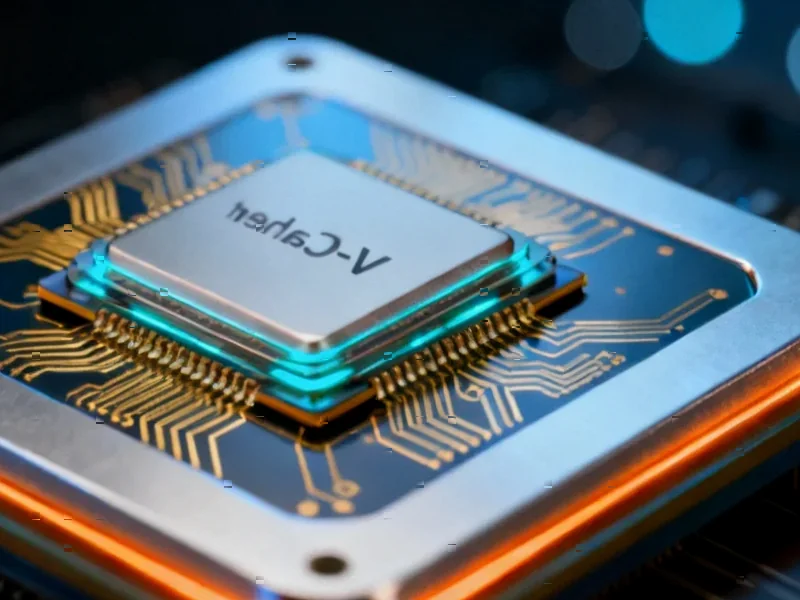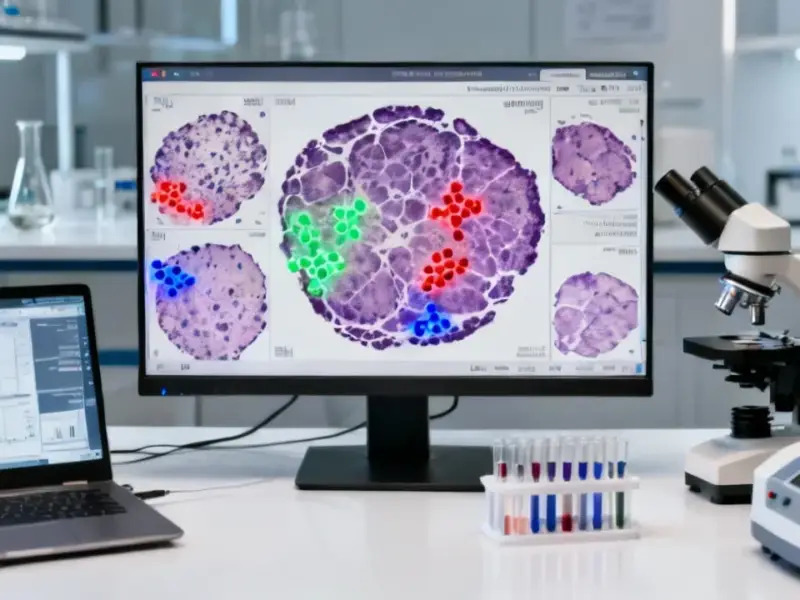According to HotHardware, AMD is facing a patent lawsuit from Adeia, a company founded in 2022 that was originally the IP licensing arm of Xperi. The lawsuit targets AMD’s 3D V-Cache hybrid bonding technology used in Ryzen X3D processors, alleging infringement of ten specific patents related to chip stacking. Adeia has previously settled similar litigation with NVIDIA in 2023 and has ongoing cases against The Walt Disney Company and Elon Musk’s X platform. The company doesn’t manufacture or sell any products but maintains a large patent portfolio it licenses to other companies. This legal action follows a pattern of behavior from what were once called “patent trolls” but are now more politely referred to as Non-Practicing Entities.
The Classic Patent Troll Playbook
Here’s the thing about Adeia – they’re playing a game we’ve seen before. They hold broadly-defined patents on technology they didn’t actually invent or produce, then sue companies that are actually building things. And because the US patent system is, let’s be honest, completely broken, they can get away with this. They’re not trying to protect innovation – they’re trying to extract revenue from companies that are too busy actually innovating to fight every lawsuit.
Look at their track record. They’ve gone after NVIDIA, Disney, Samsung, Broadcom, Netflix – basically anyone with deep pockets who’s using modern technology. And they almost always settle out of court because fighting these cases is expensive and uncertain. It’s basically legalized extortion, and it’s incredibly frustrating to watch.
Why AMD, Why Now?
So why target AMD specifically over 3D V-Cache? Well, AMD’s chiplet architecture and 3D stacking technology have been massive competitive advantages. Their Ryzen X3D processors with stacked cache have been hugely successful in gaming and productivity workloads. That means there’s real money on the table – successful products make for bigger settlement checks.
But there’s another angle here that’s really clever in a shady way. Adeia is suing AMD rather than TSMC, who actually manufactures the chips. Why? Because suing the end customer puts pressure on everyone in the supply chain. If AMD loses, it sets a precedent that could affect every TSMC customer using similar packaging technologies. It’s like shooting the messenger instead of dealing with the source.
What Happens Next?
Realistically, AMD will probably settle. Fighting patent cases is incredibly expensive, and even if you win, you’ve spent millions in legal fees and executive time. Adeia knows this – it’s their entire business model. Their CEO Paul E. Davis gives the usual corporate speak about “protecting inventions” and “shareholder interests,” but let’s call this what it is: a shakedown.
The sad truth is that this system rewards companies that hoard patents rather than create products. And until there’s meaningful patent reform, we’ll keep seeing these cases pop up whenever a technology becomes commercially successful. It’s a tax on innovation, plain and simple.
AMD will likely pay up, the lawyers will get rich, and consumers will ultimately foot the bill through slightly higher prices. Meanwhile, the actual engineers developing these amazing technologies get to watch while patent holders cash in. Something’s seriously wrong with this picture.




